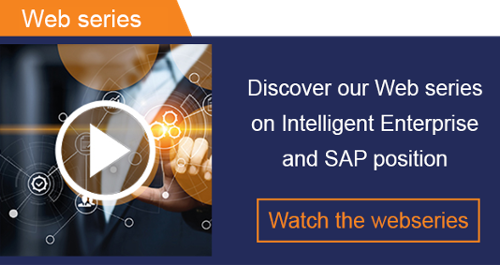IoT is all about making it easier to do things, simplifying our lives and solving everyday real-life challenges by interconnecting the world around us.
The sensors that are used for IoT are the backbone of the data gathering. They attach to the device in question, collect data and send the data to a central platform. The device could be anything, from a smartphone, a wearable or an industrial robot to even a drone. They could be located virtually anywhere, from an increasing amount of complex environments such as underwater to the top of a mountain.
Collecting the data is one thing, what you do after that with the data to enable better business decisions is another. Let’s look at the technical and project aspects of getting started with IoT.
Overcoming the technical aspects of IoT
Once you have analysed your business scenario you can select the right sensor(s) for the right deployment. The initial IoT process is fairly straight forward; the data from one or more sensors needs to be transmitted to a central platform, in this case, Intelligent Technologies from SAP. The digital innovation platform from SAP has many different configuration methods and protocols that support sensors, letting you analyse your data in just a few instants.
The configuration of Intelligent Technologies from SAP is not difficult and can be achieved in a few hours or days. For the analytics there are multiple options. SAP’s flagship product SAP Analytics Cloud is a complete BI solution in the cloud that is powered with predictive analytics and machine learning technology and enables you to fulfil your exact reporting needs. There are other more simplified analytic software alternatives, for example SAP Smart Business with its SAP Fiori user experience that will also give you sufficient reporting.
So far the technology we’ve talked about sits in the cloud, and from there it needs to connect to the SAP backend which may be on premise and can be run by SAP Cloud Connector. This is simple and requires very little effort, maybe half a day for set up. Updates are then made in the SAP backend.
Getting started with an idea
At first sight IoT often seems complicated but we can help you break the myth and give you simplicity by helping you in a step by step process. In a few short weeks something very tangible can then be created and delivered.
My advice is to start small with one idea. If you don’t have a specific idea then an ideation workshop can help drive an idea based on what you want to achieve. From there we can create a pilot within a couple of days and get a simple live demo connected and ready for you to play around with and assess what data can be extracted. Together we can evolve your business case to examine what is the actual value of such a business solution and then start the building process.
Experts working together to give you the best
With a combination of Intelligent Technologies from SAP, services, and industry expertise, you can optimise your processes and resources or ignite innovation in any facet of your business.
As SAP experts we collaborate closely with several technology partners to combine the best in the market to cover hardware, software, SAP, connectivity and your network. T-Systems and SOA People are working together to offer services to support the complete spectrum of IoT business. T-Systems will support organisations with sensor selection and management, communication and networking aspects as well as end-to-end security.
Finally, remember that not everything has to be re-invented; there are a lot of templates and out-of-box solutions that already exist and may be suitable as a starting point, for example track and trace.
If you need help with IoT to rapidly address your business challenges and create new opportunities talk to SOA People.



